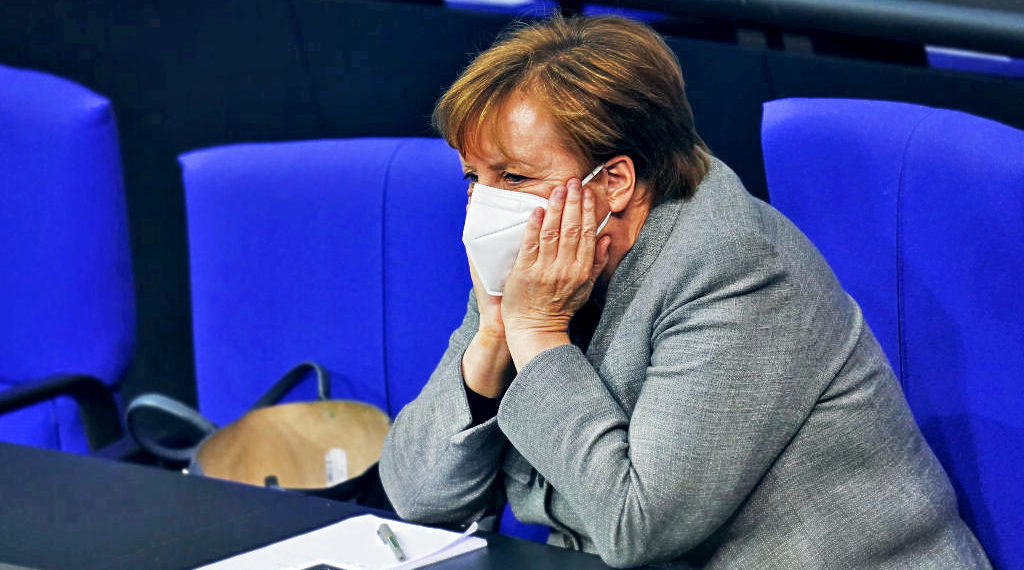Germany is a tightwad. It’s ultra-cautious fiscal and monetary policies do to economic demand what a supermassive black hole does to light.
That effect isn’t just felt at home — but also in other countries through the direct policy mechanism of the European Union and through the indirect effect of non-EU economies not wanting to look too loose compared to the Germans.
These various restrictions were relaxed during the Covid emergency, but now there are signals that Germany wants to return to the pre-Covid status quo. That much was made clear by Wolfgang Schäuble — the former German finance minister and current president of the Bundestag, in a piece for the Financial Times. “We must therefore return to fiscal and monetary normality” he said.
Writing for the FT yesterday, Lorenzo Bini Smaghi, a former member of the European Central Bank, reminds us what this “normality” consisted of: low growth, the threat of deflation, stagnating labour productivity (and therefore wages) and, for many Europeans (especially the young), a lost decade.
With an economic recovery now underway and inflation bouncing upwards, a quick return to economic discipline might seem like a good idea. But we shouldn’t confuse a temporary release of pent-up demand with the long-term health of the economy. All the underlying economic problems we had before Covid will still be there after Covid, only now we have the long-term scarring effects of the lockdown to contend with too.
If funds for long overdue reform and investment are choked off, then forcing Europe back into its German-manufactured straitjacket could result in another lost decade.
But, hang on, aren’t the free-spending Greens about to replace the cautious CDU as Germany’s leading party?
Don’t bet on it. German voters have a habit of swinging behind the opposition in the months leading up to a general election, only to swing back to the government in time for the actual vote. Looking at the polls, the Green surge has already subsided and the CDU is back in the lead. Armin Laschet, Angela Merkel’s designated successor, is now favourite to become Germany’s next Chancellor.
Of course, it’s all very well for advocates of “building back better” to complain about a return to Teutonic penny-pinching, but unless they also happen to be sound Eurosceptics they haven’t got a leg to stand on.
The reason why Germany can afford to borrow so little, is because it has such a massive trade surplus. And the reason why that surplus is so big, is that the Eurozone artificially suppresses Germany’s exchange rate. Furthermore, a shared currency gives Germany both the incentive and the means to impose its fiscal and monetary discipline on its EU neighbours.
Building back better or the Eurozone? Choose one.











Join the discussion
Join like minded readers that support our journalism by becoming a paid subscriber
To join the discussion in the comments, become a paid subscriber.
Join like minded readers that support our journalism, read unlimited articles and enjoy other subscriber-only benefits.
Subscribe